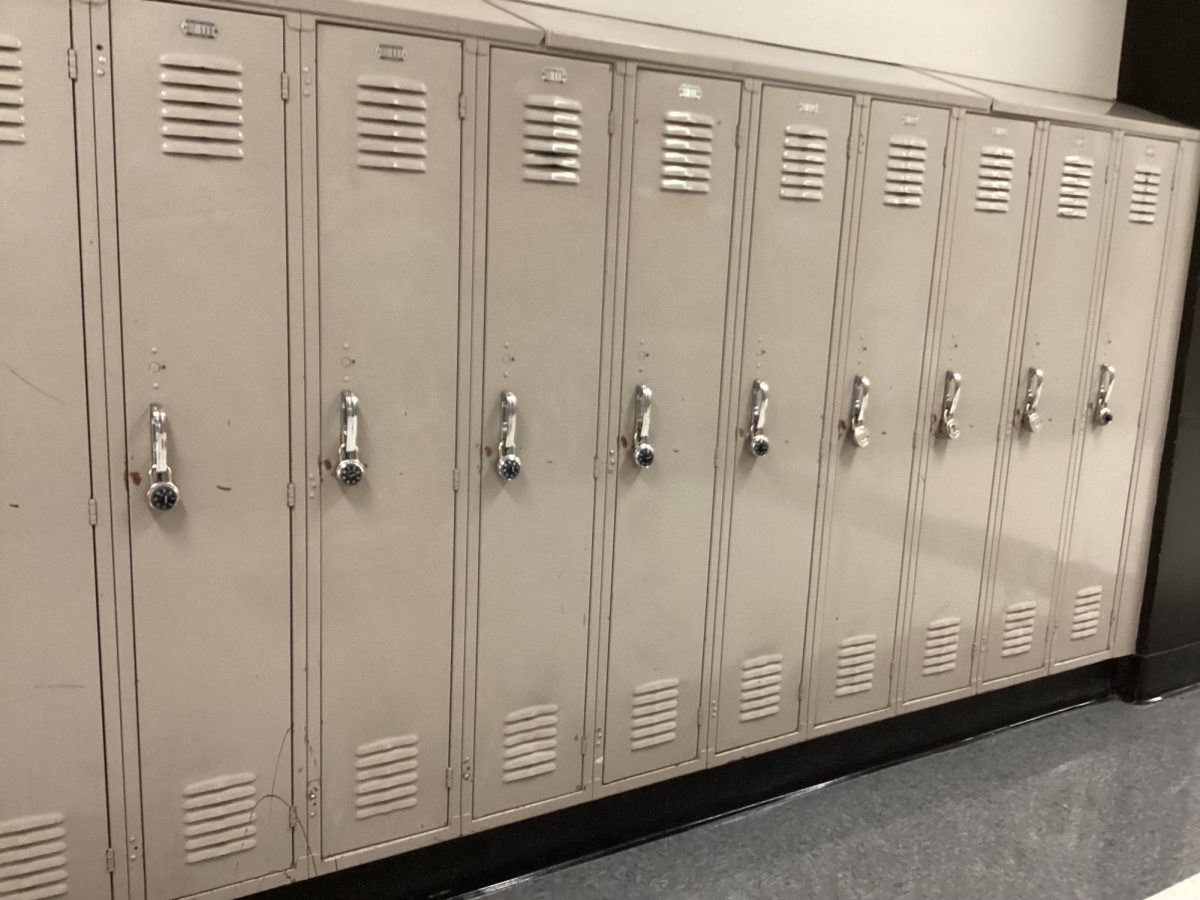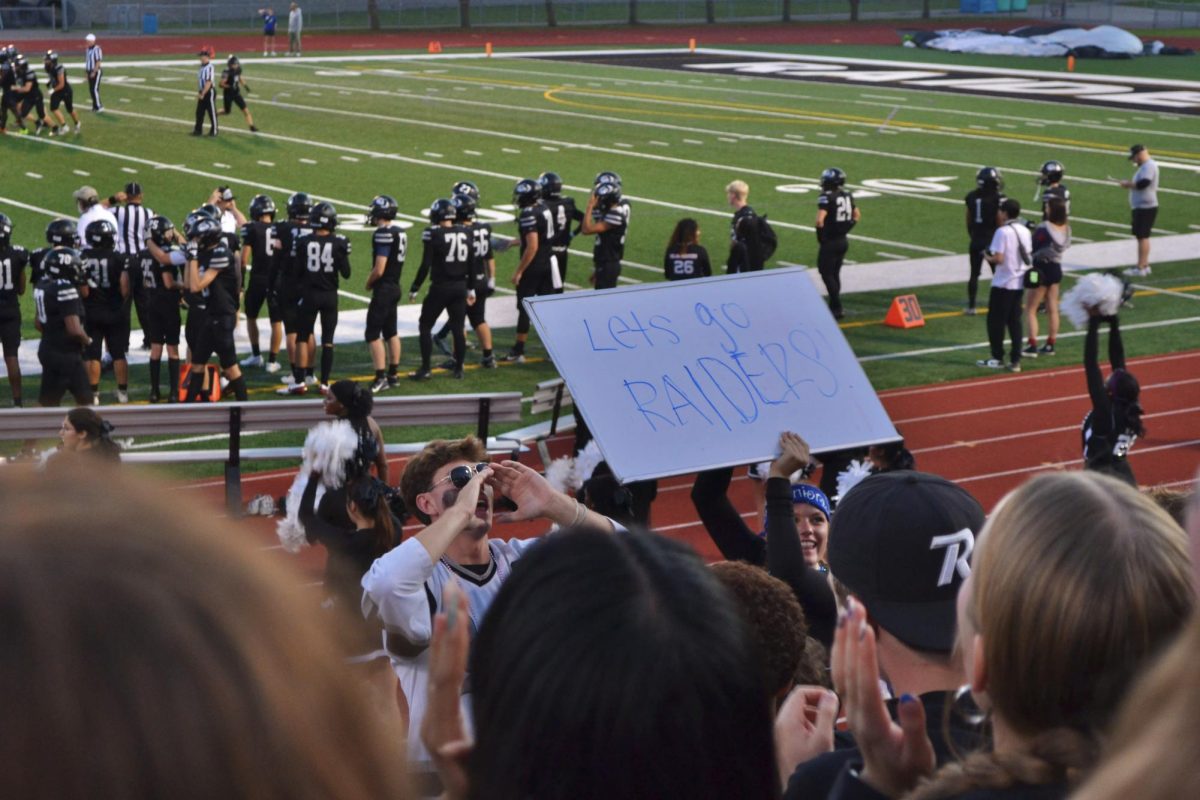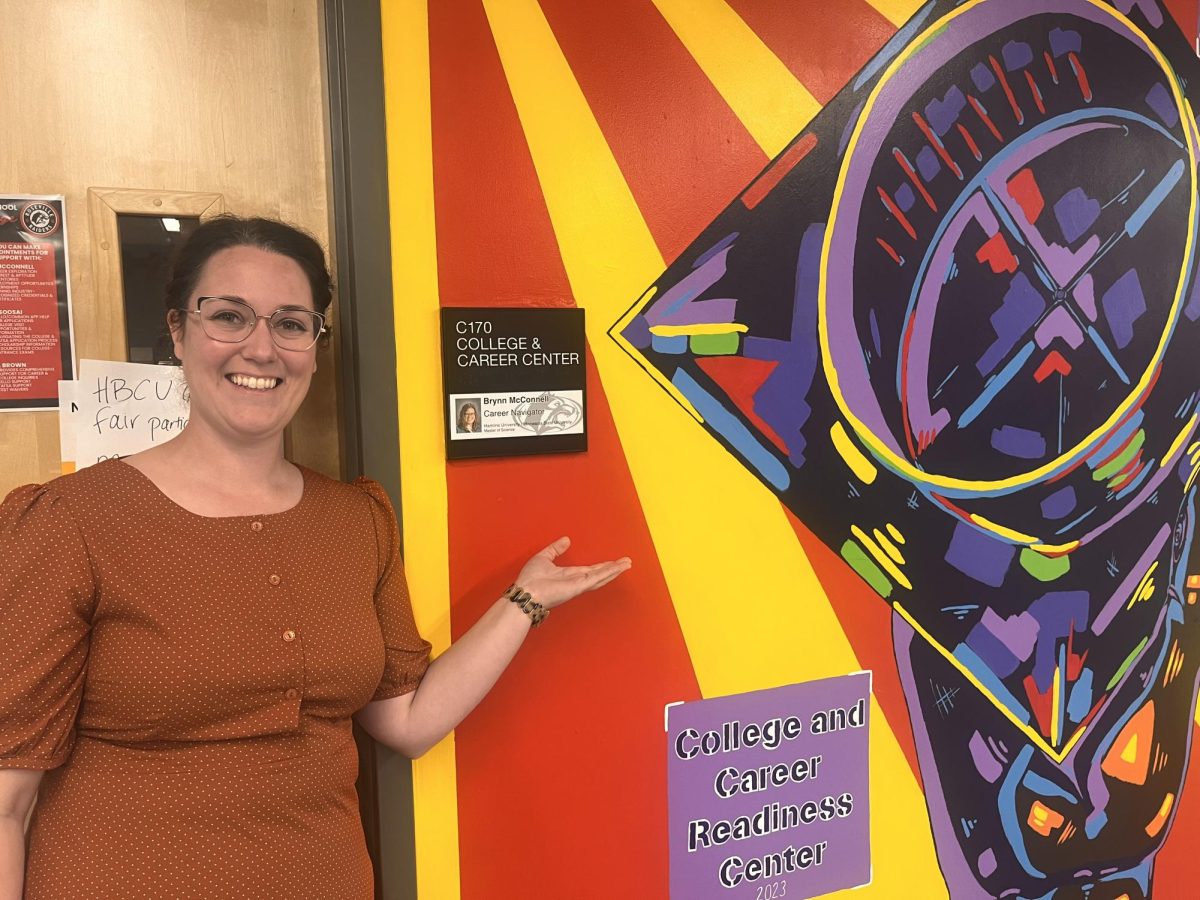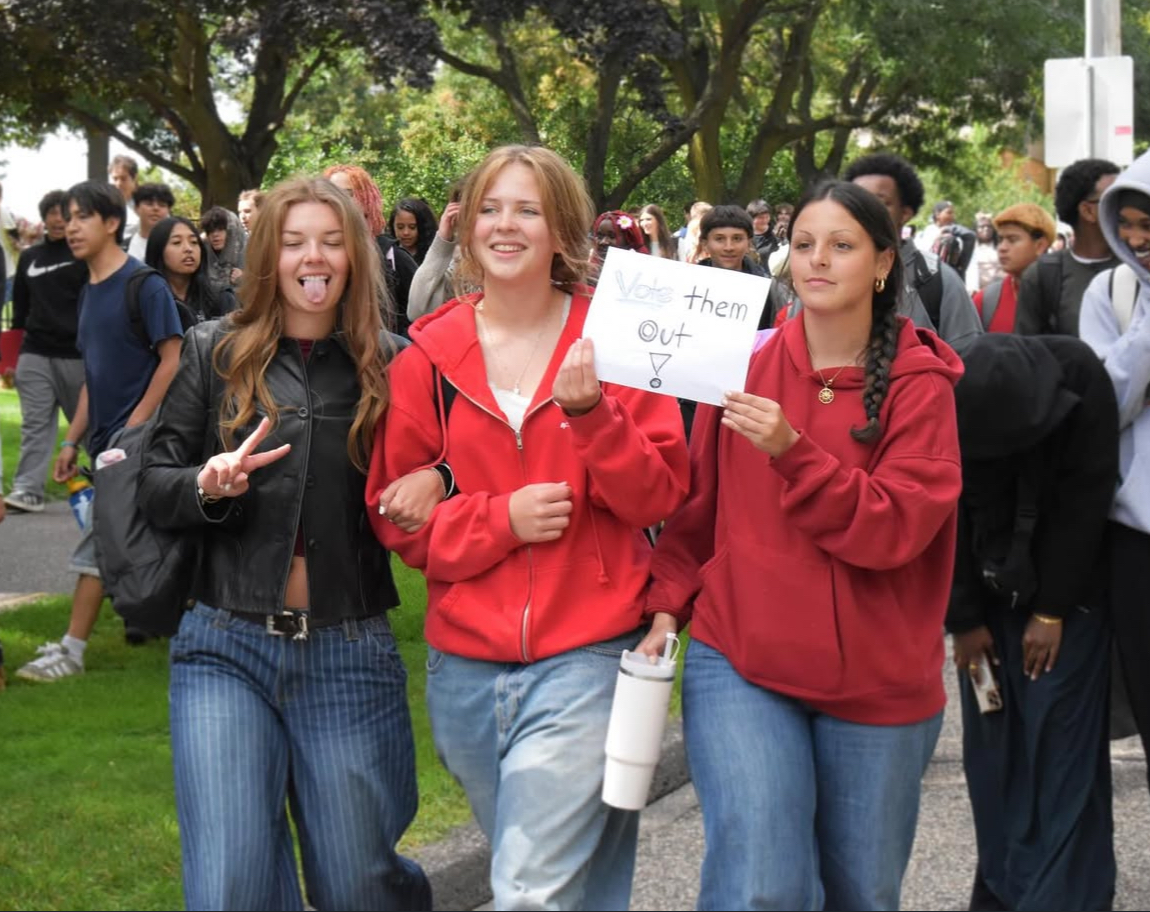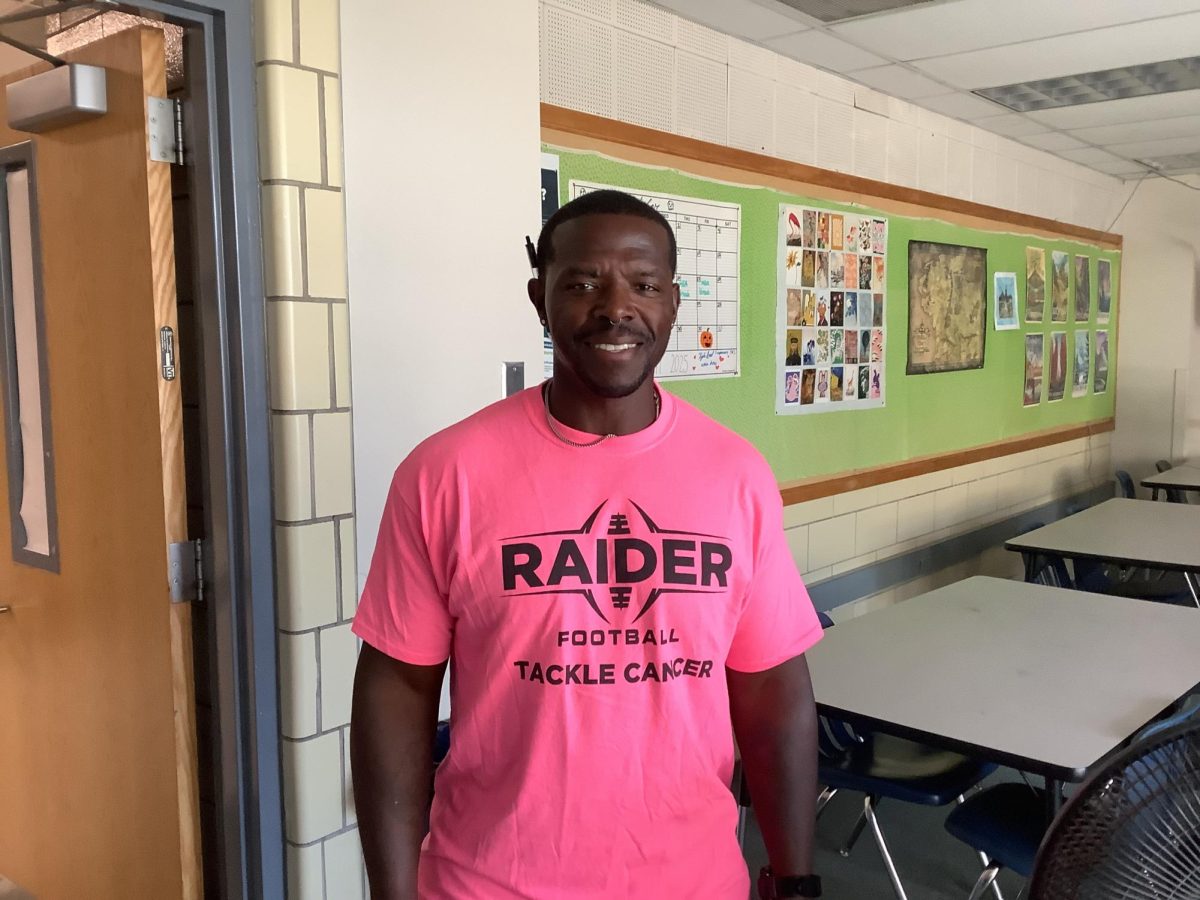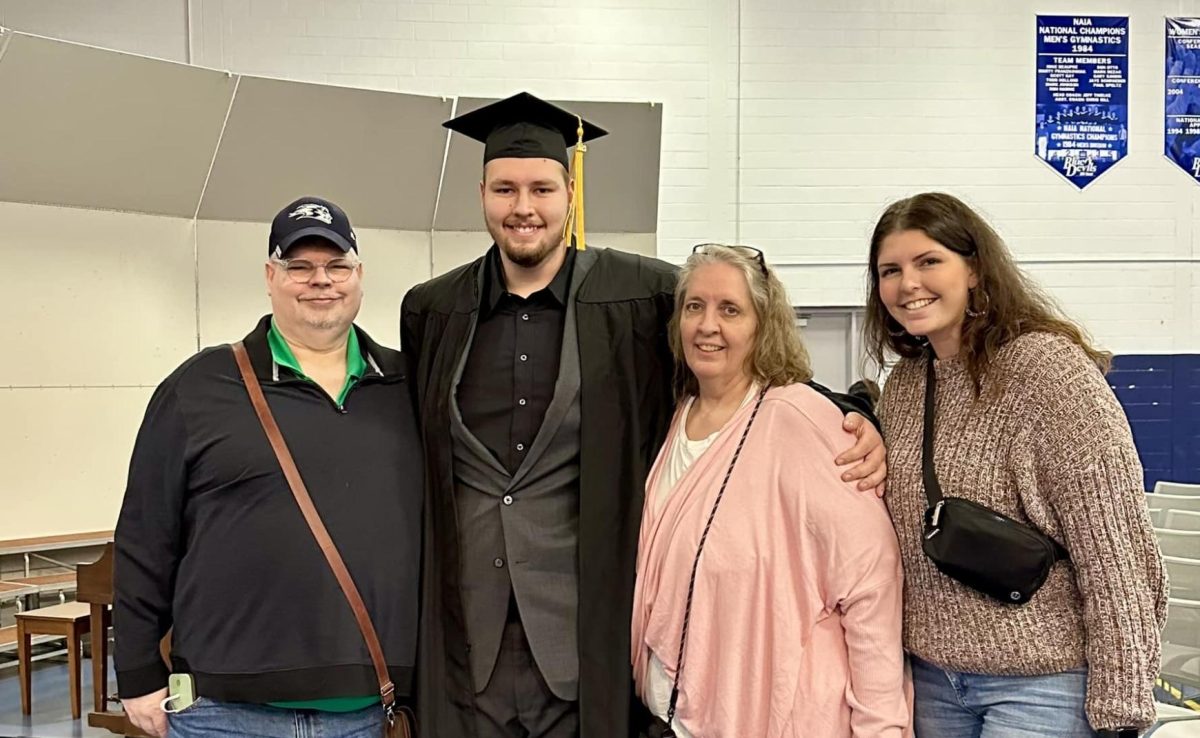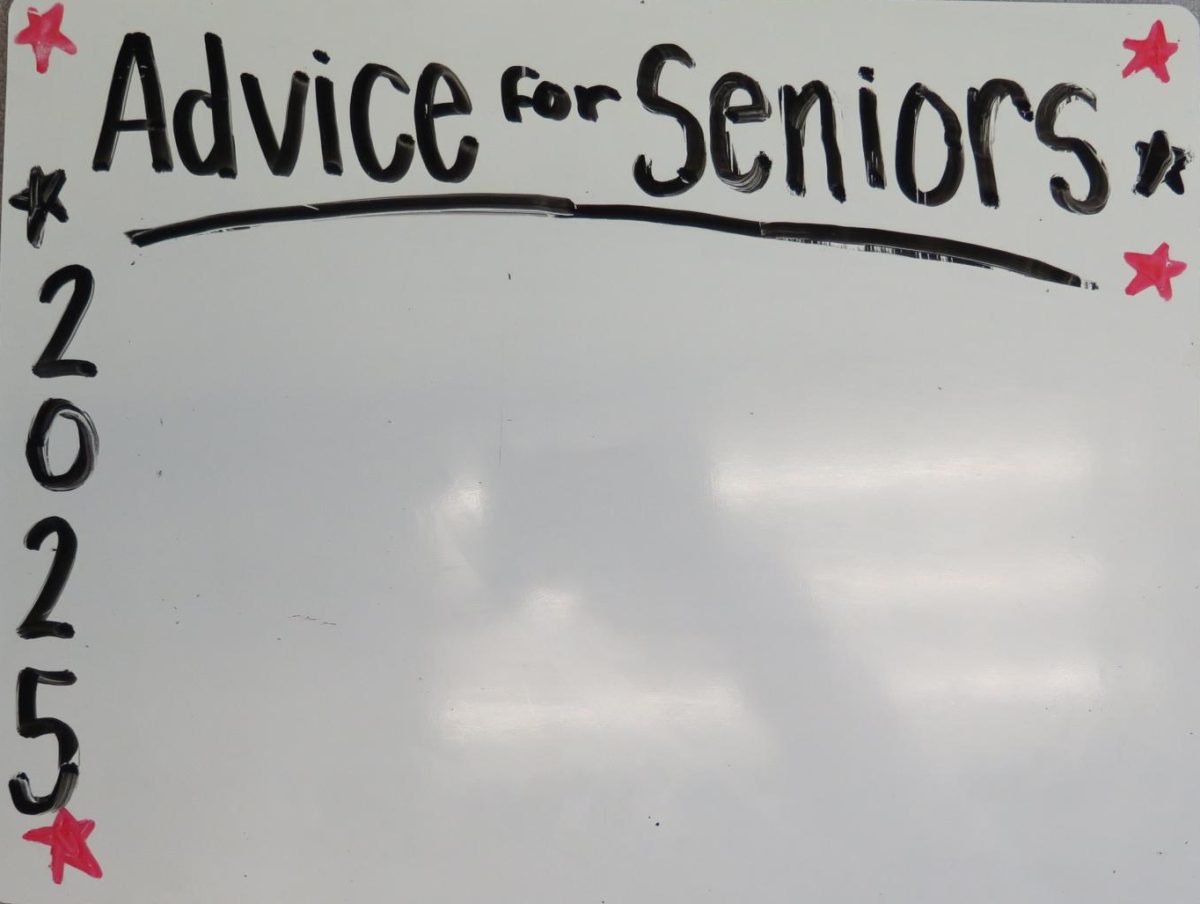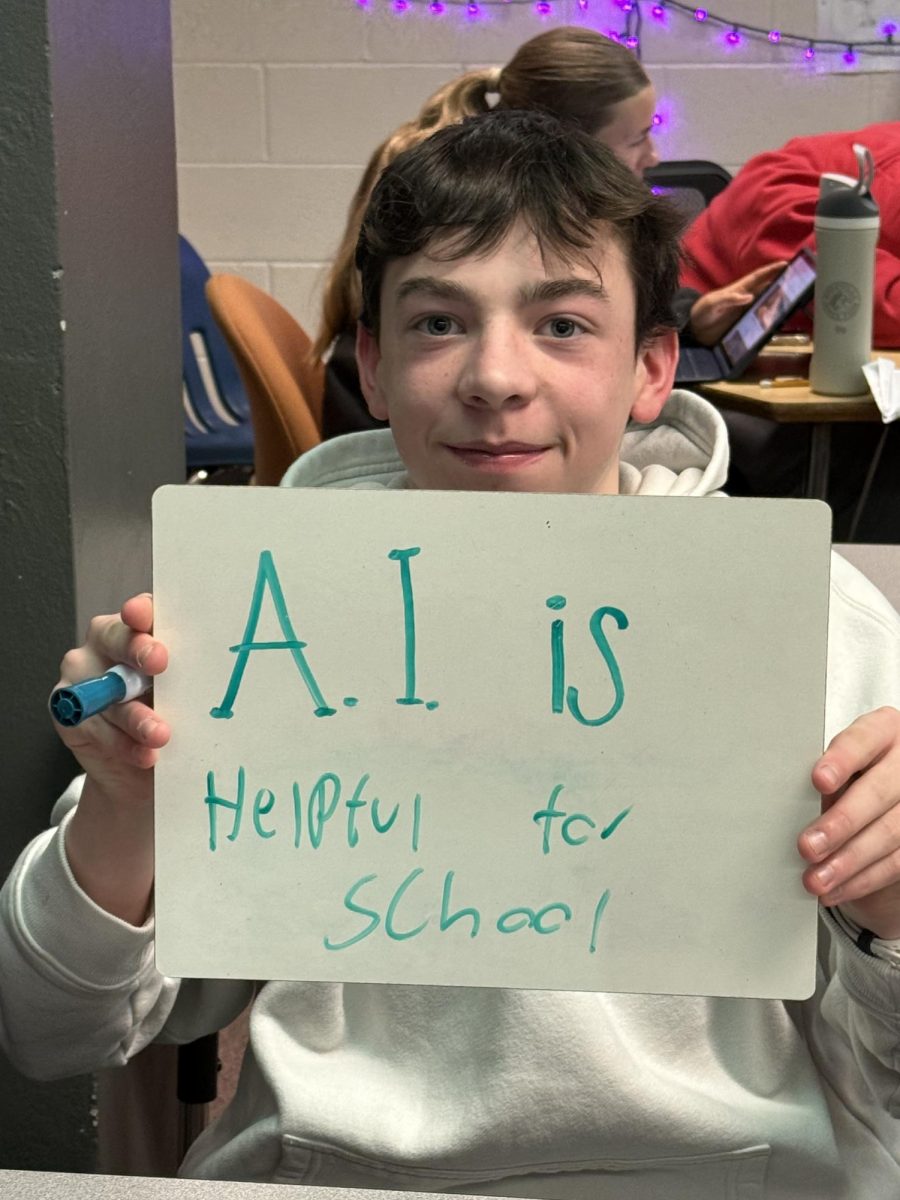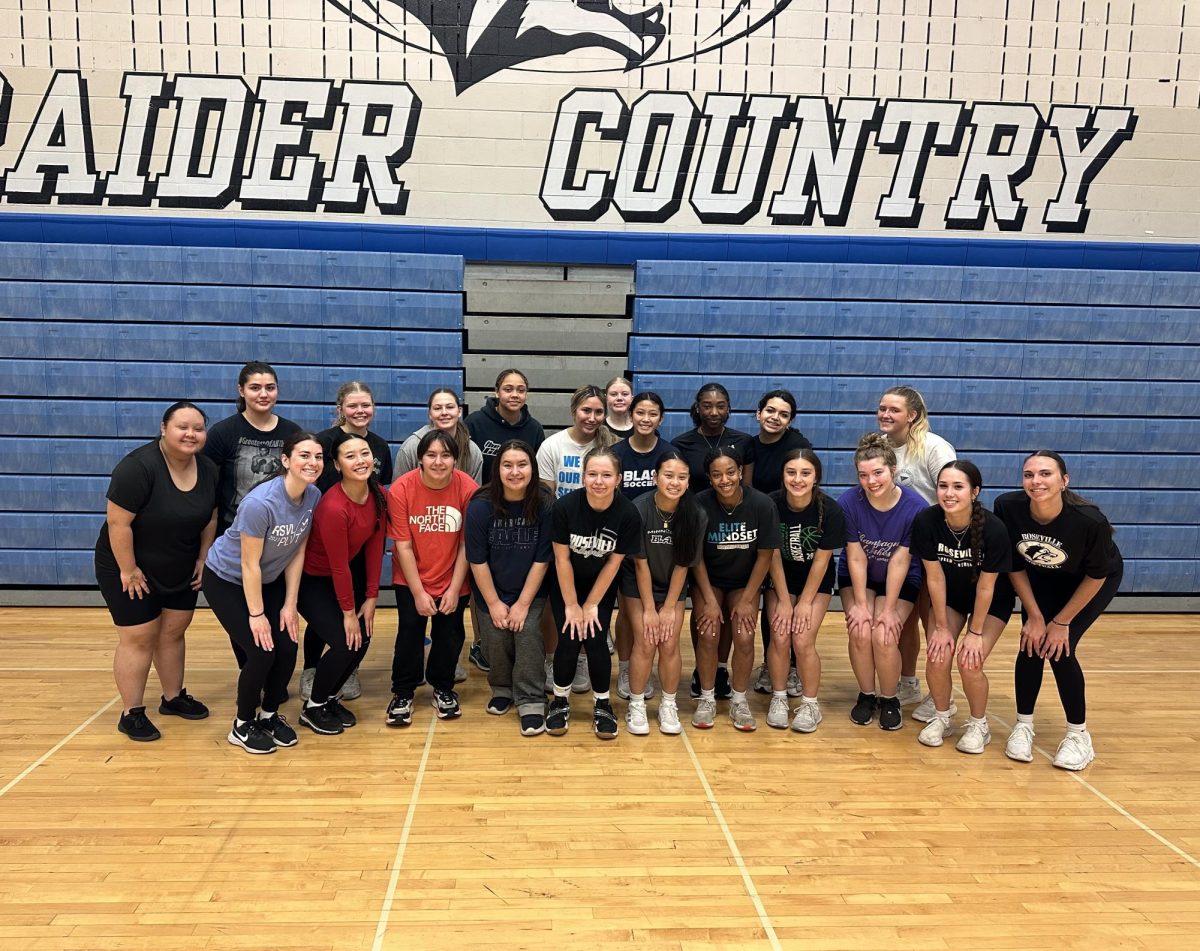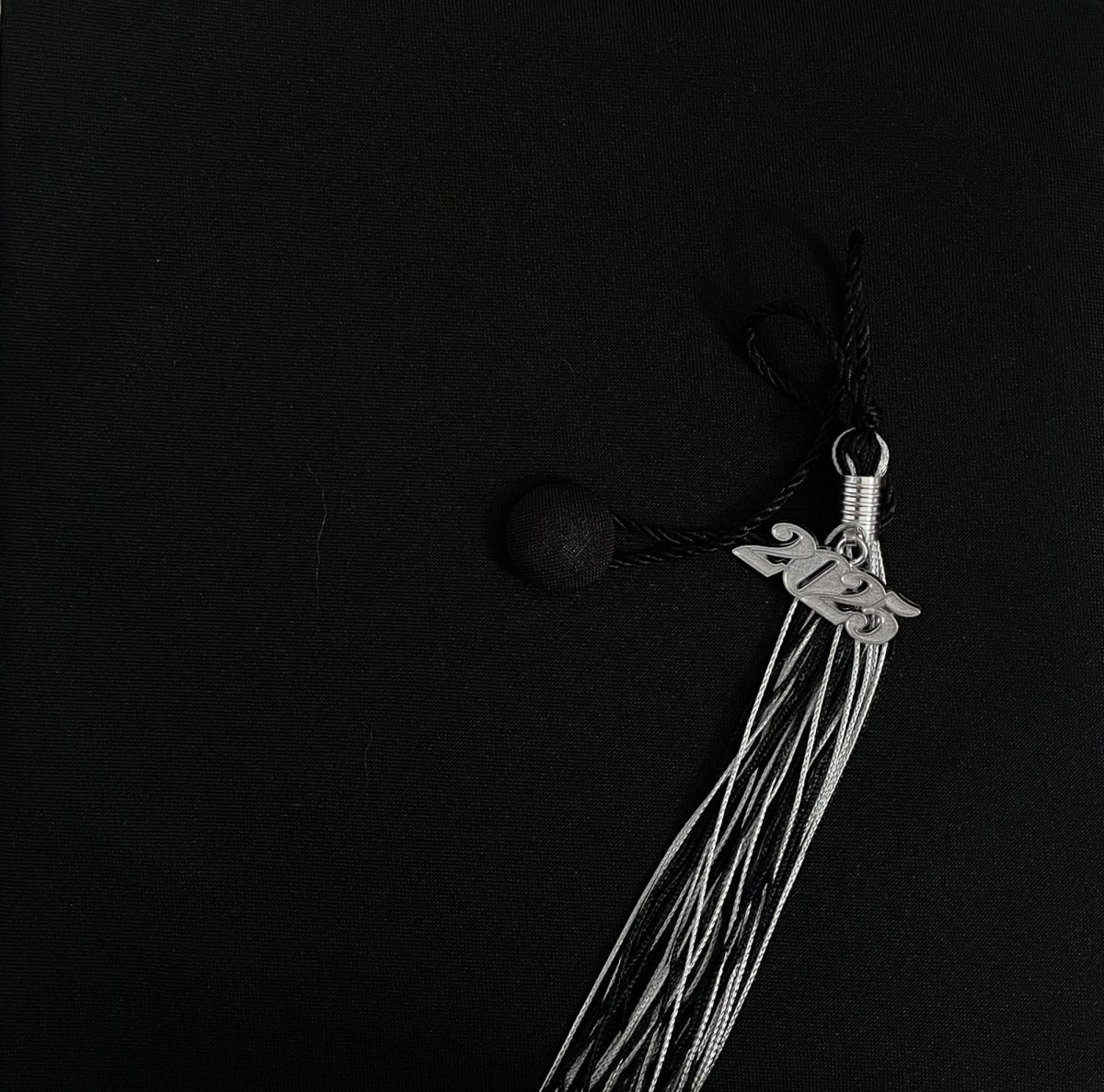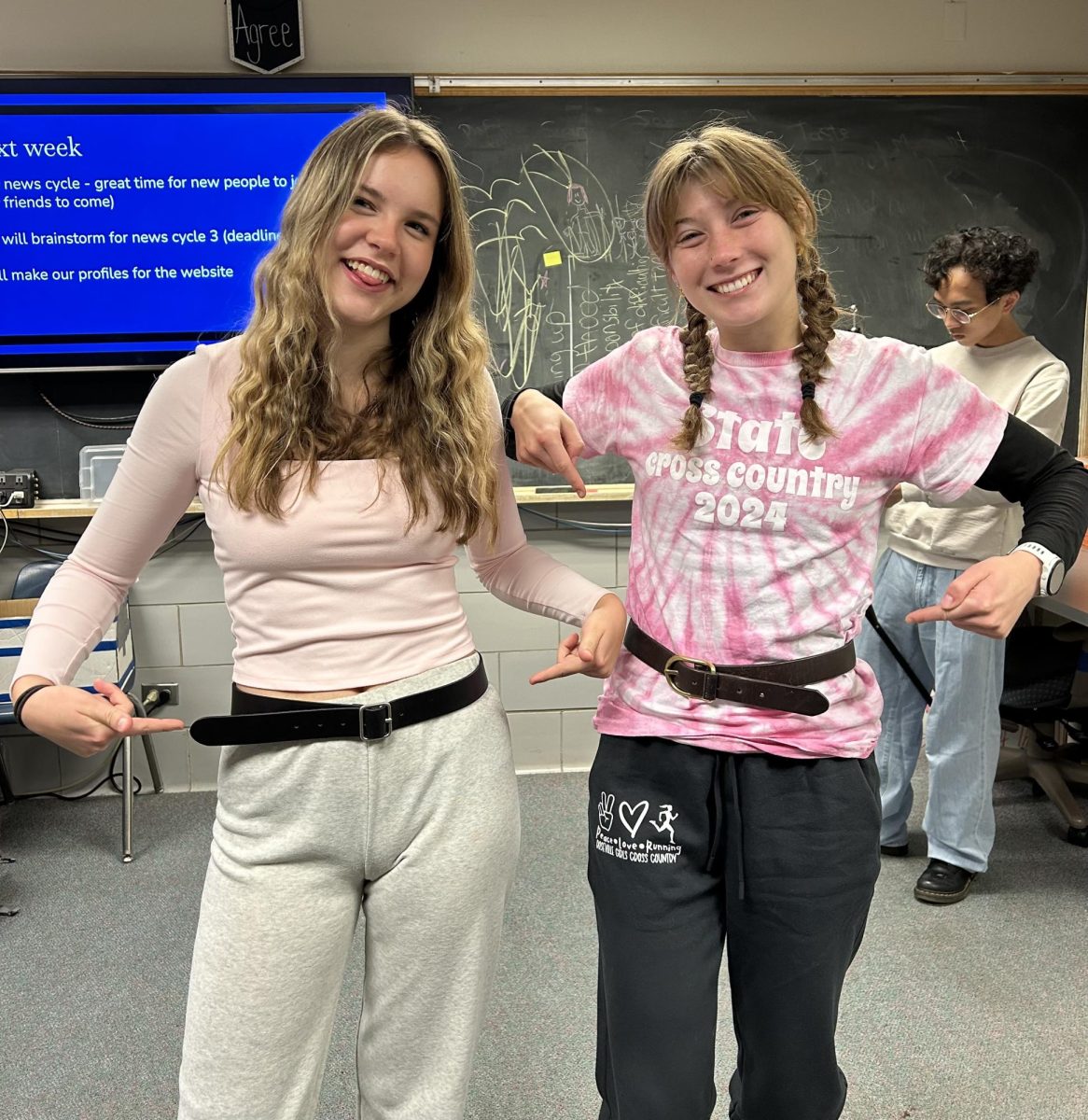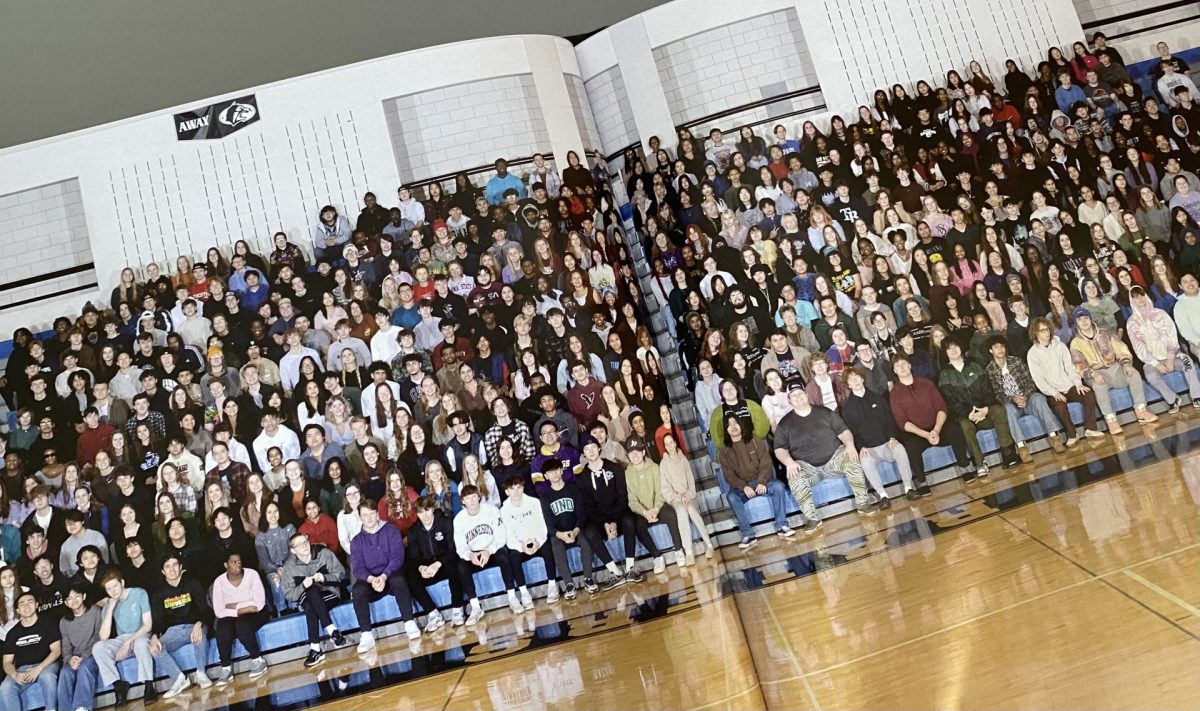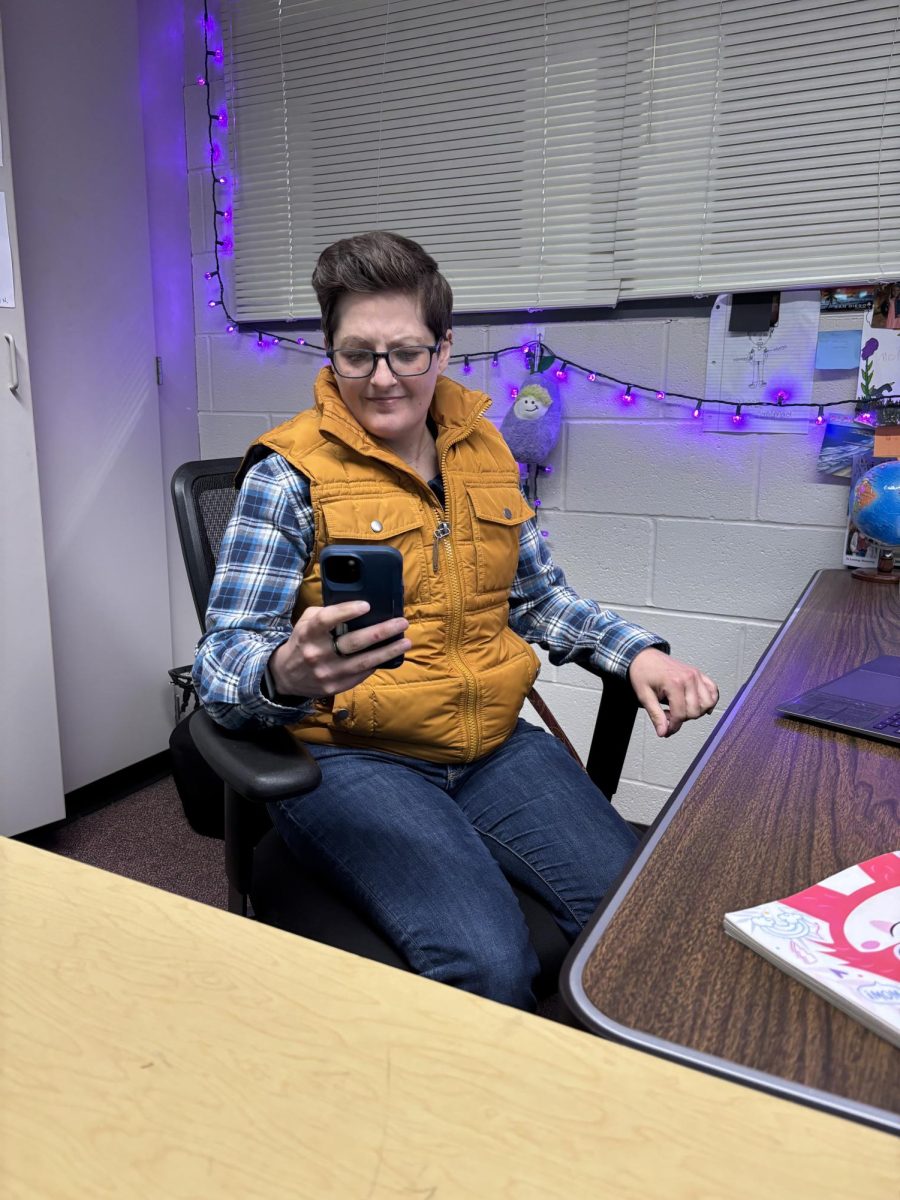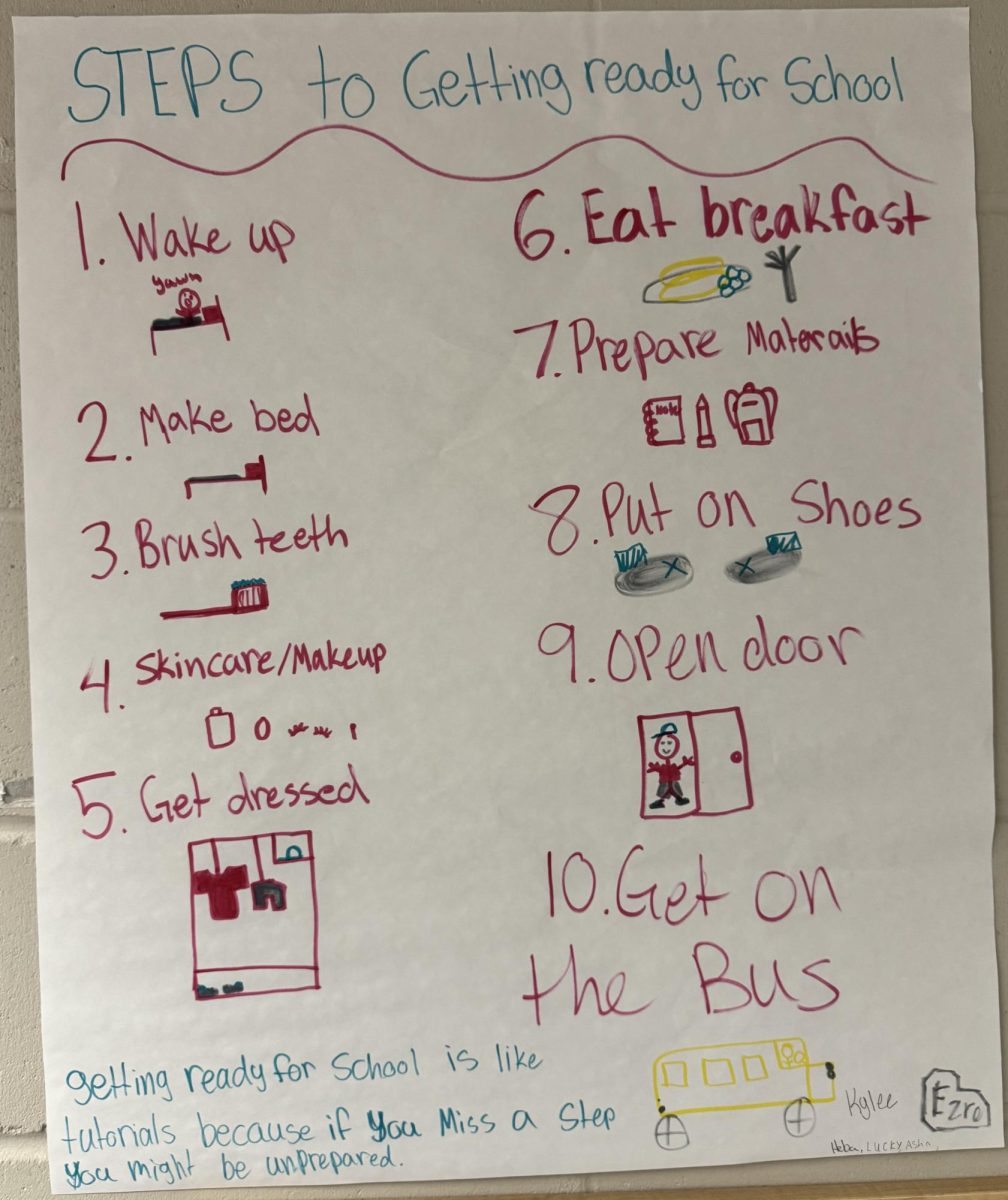As the year comes to a close both teachers and students at RAHS acknowledge differing ways the new cell phone policy has affected the building with teachers tending to have a positive view on it and students having a more negative view.
Senior Lujaine Saeb worries that students have been negatively affected by the policy. Saeb said, “the intention behind the phone policy is genuine and it’s good what [the school is] trying to do, but I think it also generalizes people.”
Junior Denasia Monroe agrees. She said, ”it just make me feel like the school doesn’t trust the student body and it just feels less like a community and more like a dictatorship.”
Monroe also thinks the policy is leading to stealth use. She said, “nowadays kids don’t even be giving it up; [the policy] just makes them sneaky.”
Freshman Josius McPherson agrees and said, “I don’t think the policy changed anything…it made the kids sneakier.”
Sophomore Hamza Yussuf said, “before it really was like students wouldn’t bring out their phones as much, but now since they are forcing people to start putting and putting more pressure on it students are trying to be more sneaky.”
Yussuf also said, “I would really like to change the policy into more like don’t bring your phone out but like now if you are just trying to take away your phones it’s like the more you press someone the more resilient they become.”
One of the Student Success Supervisors Jeff McGaster said, “it helps me out getting to know some kids; when we receive a phone tech pick up I’ll go ahead and ask the kid to come on out [in the hall] and then I can talk to them a little bit being like hey why didn’t you utilize the bin is everything ok”
Mcgaster also said, “some kids don’t want to give up their phone because they have it to where this is the only thing that they have to themselves … it’s like a little kid with a blanky; some students really feel attached to their phone.”
Teachers think differently about the cell phone restrictions. James Dawolo said, “I think it works out well for the simple fact that when I’m instructing, kids are generally not using the phone during instruction time.”
Dawolo was initially skeptical of the policy. He said, “when this policy first came into place … I had mixed feelings about it, because I didn’t know how well it would go over with students and I thought that it would be a struggle, but what I was surprised to find out was how students adapted to it and again it’s probably because of the RAMS population here in this building.”
Another teacher Colleen Williams-Freier said “[the policy] has made teaching much better. It’s allowed me to teach and not not be the ‘phone police’ and it has allowed my students to do more learning and better higher level of learning.”
Williams-Freier also shared that students have told her they have noticed a difference in their attention spans as a result of the decline in their cell phone usage.

